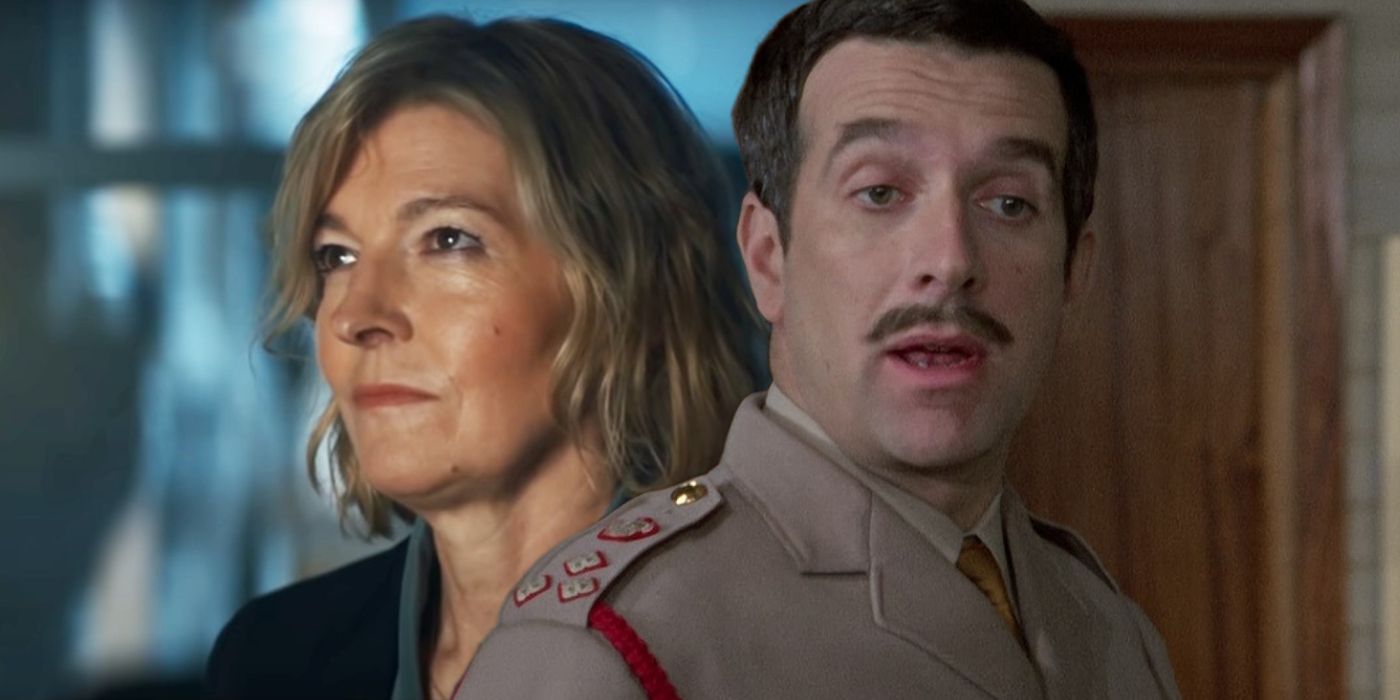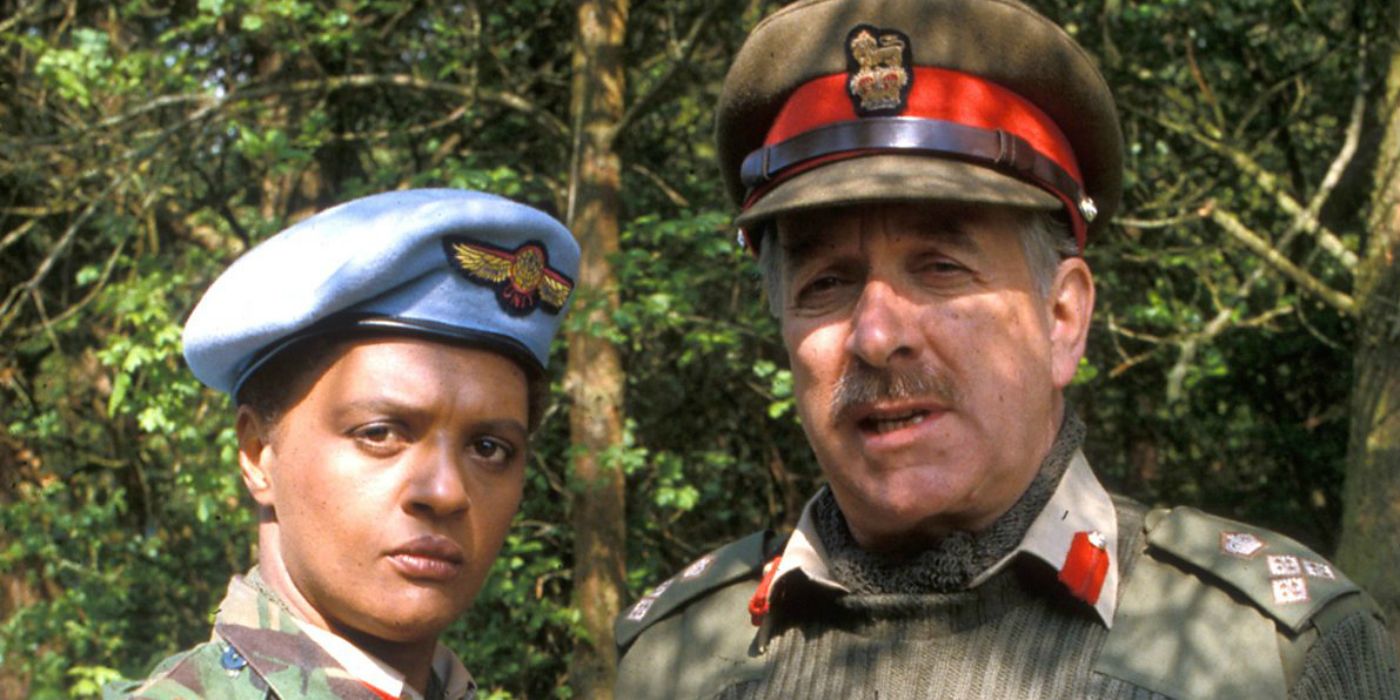
This article contains spoilers for Doctor Who: Flux episode 5.
Current Doctor Who showrunner Chris Chibnall is no stranger to retcons - and his new UNIT backstory is the most bizarre retcon to date. Chris Chibnall, the current Doctor Who showrunner, is an old-school Whovian who grew up during the classic era - and it shows. When the coronavirus pandemic caused disruption for even Doctor Who, he pivoted to an approach rather more akin to the show's 1980s incarnation than its post-2005 relaunch; a single overarching narrative running through multiple episodes. Running for just six episodes, Doctor Who: Flux started strong - but has struggled to maintain its momentum simply because of the sheer number of concepts and subplots in play, typified by the new UNIT backstory.
Doctor Who: Flux episode 5 reintroduced UNIT, the United Nations Intelligence Taskforce, an organization dedicated to protecting the Earth from extraterrestrial threats. It took viewers through a whistle-stop tour of UNIT history, with one such alien threat using time travel to insert himself in the organization's leadership structure. The Grand Serpent, a corrupt politician who had lost power when the Flux destroyed his empire, had struck a bargain with the Sontarans to undermine Earth's defenses ahead of their invasion in 2021. It ultimately led to the apparent disbanding of UNIT - explaining why they'd been shut down in the 2019 Holiday Special. Chibnall actually used the opportunity to rewrite Doctor Who continuity, revealing the United Nations began the process of forming UNIT in 1958 - almost a decade earlier than had previously been believed. According to Doctor Who: Flux, it took General Farquhar almost a decade to get UNIT fully-functional, and they just missed a crisis at the Post Office Tower (as told in 1966's "The War Machines").
Chibnall is an old-school Doctor Who fan; indeed, one of the biggest problems with Chibnall's tenure as showrunner is his tendency to focus on the micro-continuity of the classic series. In this case, though, he's wandered into what was already a continuity minefield; Doctor Who's various UNIT stories have always been difficult to date, and Lethbridge-Stewart's personal timeline has been a matter of substantial debate. What is certain, though, is that Lethbridge-Stewart certainly wasn't involved with UNIT when he made his debut in the Second Doctor story "The Web of Fear" - which, whatever the interpretation of the timeline, is certainly set many years after the incident at the Post Office Tower. Making matters even worse, Doctor Who: Flux reveals Lethbridge-Stewart joined UNIT as a corporal - when, according to the classic series, he was a colonel who was promoted to brigadier to run UNIT. It's all rather messy, surprisingly so given Chibnall's love of the classic series.

In addition to the obvious flaws, there are actually even more significant problems with Doctor Who: Flux's UNIT retcon. According to previous Doctor Who lore, Lethbridge-Stewart's encounter with the Doctor led him to propose the establishment of UNIT; the British government resisted, so he went over their heads and persuaded the United Nations to set it up instead. Chibnall's retcon, therefore, writes the Brigadier out of his own story, because he's no longer the man responsible for founding UNIT. Instead, that honor goes to Chibnall's original character General Farquhar.
Making matters even worse, according to Doctor Who: Flux, a hostile alien had successfully infiltrated UNIT command from its very inception, and nobody noticed until the present day, when the Brigadier's daughter Kate Stewart put the pieces together at last. Again, that doesn't exactly inspire confidence in the Brigadier himself - or, ironically, in his Scientific Adviser, the Doctor, who was regularly forced to meet representatives of UNIT's oversight committee. This particular retcon really is bizarre and problematic, and it's likely one Doctor Who will swiftly discard and forget about it - which is a real shame, given the poignant voice cameo from the late Nicholas Courtney.
from ScreenRant - Feed https://ift.tt/3FWQiaa


0 Comments